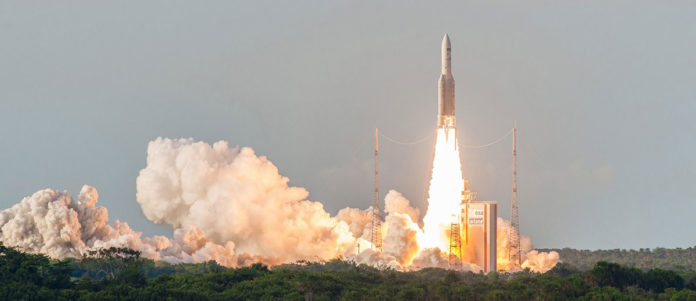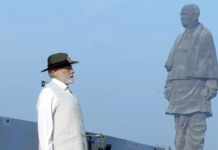Since the beginning of Space Research in India in the 1920s, scientists like S K Mitra, C V Raman, and Meghnad Saha have made India proud with their advanced studies and progressive approach towards Indian space research. The nation shifted their attention to Indian space research only after the 1940s when aspects like Earth’s atmosphere, weather prediction, and the surrounding magnetic field were evaluated and studied in India. Indian Space Research Organisation (ISRO) was initially established with the name of Indian National Committee for Space Research (INCOSPAR) with the combined efforts of Pandit Jawaharlal Nehru along with scientist Vikram Sarabhai in 1962. The ICONOSPAR grew to become the Indian Space Research Organisation (ISRO) in 1969.
Over the past 47 years, ISRO has made every Indian proud with its study and achievements in space by launching various individual space missions including MANGALYAAN, through which India reached mars, that too in the most cost-efficient budget. After so many innovations, ISRO reached the blue skies right above the rain forests of French Guiana in South America, right where the spaceport is located. The event was the launch of giant Ariane 5 rocket thundered into the sky a little before sundown. It was launched after a day’s delay due to bad weather, the European rocket took off over the equator and placed India’s heavy satellite GSAT-18 into space. It is a communication satellite and will boost the communication services like banking and television.
It was Ariane 5’s 74th consecutive successful launch, Dr. A S Kiran Kumar, Chairman, ISRO called it a “flawlessly spectacular and magnificent launch”. He added, “India has had a long cooperation with Ariane starting with our Ariane Passenger Payload Experiment (APPLE) in 1981. Today ISRO has the capability of putting only 2.2 tonne-satellites into orbit and hence we come to Kourou and Ariane for putting higher-capacity satellites.”
Right after the separation of GSAT-18 from the launch vehicle, ISRO’s Master Control Facility (MCF) at Hassan in Karnataka took over the command and control of the satellite. The preliminary test and check-up have confirmed that all systems are working fine.
The GSAT-18 satellite is carrying 48 transponders and is aimed to boost India’s communication services. According to ISRO, certain orbit-raising maneuvers will be performed to place a GSAT-18 satellite in a Geostationary Orbit – 36,000 km above the equator – so that it stays locked onto a specific point of the Earth’s surface.
Later, ISRO plans to experimentally turn on the communication payloads of GSAT-18. After the successful completion of the in-orbit tests, GSAT-18 will soon be ready for operational use.
PM Modi also congratulated ISRO for their achievement on Twitter:
Congratulations to @isro for successfully launching the communication satellite, GSAT-18. This is another milestone for our space programme.
— Narendra Modi (@narendramodi) October 6, 2016












